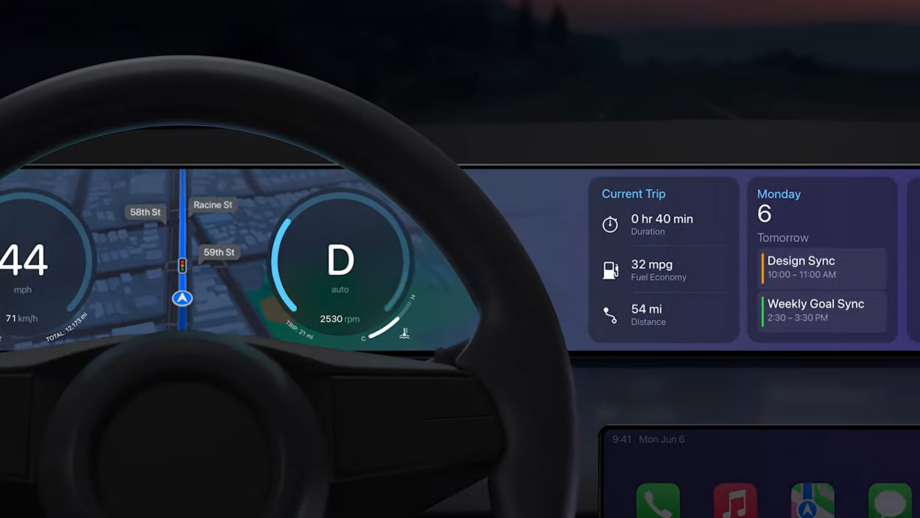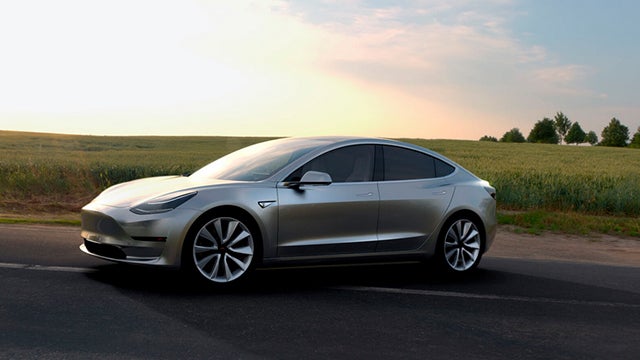Apple hires Lamborghini executive to work on electric car

Apple has hired a former Lamborghini executive to work on its long rumoured Apple Car electric vehicle project.
Luigi Taraborrelli was most recently employed as Lamborghini’s head of chassis and vehicle dynamics, but he has worked on areas such as handling, suspensions, steering, brakes and rims during his 20 years with the company.
Before joining Apple, Taraborrelli worked on some of the most iconic Lamborghini car projects of recent times, including the Urus, the Huracan, and the Aventador.
As Bloomberg’s Mark Gurman points out, this latest hire brings a further sprinkling of supercar exoticism to Apple’s EV effort. Its hires to date have been drawn from across the automotive industry, from luxury brands such as Aston Martin to more mass-market manufacturers like Volvo.
Back in May, it emerged that Apple had hired Desi Ujkashevic from Ford, who had “helped lead safety efforts and vehicle engineering” for the company over a 30 year period.
Prior to this, Apple hired Ulrich Kranz, who had formerly headed up BMW’s electric car efforts. It also brought Stuart Bowers onboard, who previously led Tesla’s Autopilot programme.
Apple appears to have been working on its first electric car since 2014. Reports have suggested that it’s aiming to launch a fully driverless electric car in 2025, though numerous snags – including leadership changes and technical problems – have caused many to doubt the feasibility of that time frame.
Apparently, the Apple Car concept involves four inward-facing seats and a complete absence of traditional physical controls like a steering wheel and a brake pedal.





